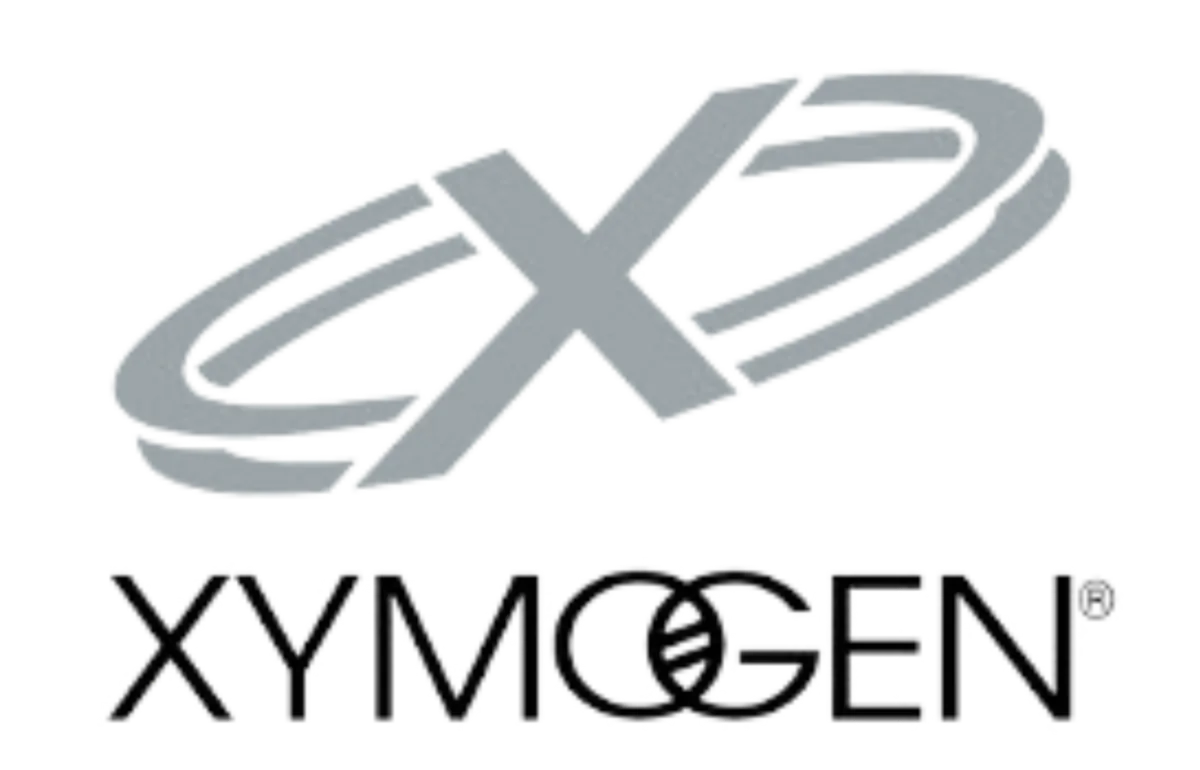Legal Education and Documents For Your
Functional, Integrative, Lifestyle, or
Personalized Medicine Practice
The new way to help physician-preneurs protect their
business and license.
How Functional Lawyer Works
The first step is to schedule a call with me to ensure we are a fit.

Schedule a Call
The first step is to schedule your Free 20-Minute Discovery Call.
Tell us about your unique situation and determine whether we are a fit to assist you in protecting yourself legally.

Peace of Mind
The Practice Protection Program provides legal documents, regular guidance, and education to help practitioners safely protect their practices.

Grow Your Impact
Confidently grow your practice and your impact on the lives of your patients, knowing that you have a rock-solid legal strategy in place to protect you.
Kim Baydarian, M.D.
Maryland
"I no longer feel so alone. Before joining, I made a lot of legal decisions based on my best guess and I knew I was out of my comfort zone.
Now I feel like I can get support and in depth answers quickly and without weighing the big hassle of setting up an appointment with a lawyer, getting nervous, watching the clock, and paying the hefty $495/hour.
I much prefer the safety net of knowing every week I can join a call and get answers. I also get answers to questions I wonder about but for which I would never set up an appointment."

Most physicians want to "do things the right way" legally, but are not putting proper protection in place.
Most functional medicine doctors are scared of legal ramifications. They have this nagging feeling that they could lose their license or that they are just exposed legally.
So they hold back in advertising or growing financially because they don’t want to raise any red flags. They’re frustrated because every time they go looking for answers, they don’t seem to be there.
You may be putting your license and business at risk.
Given the options available, physicians may turn to their medical colleagues to ask legal questions and borrow legal documents.
But deep down they know that they aren’t protected with those solutions. But they think that they can’t find an attorney that understands them, or that if they do they will have to pay high hourly legal fees


What doctors really need
Really, they need someone to give them the
tools (quality legal documents and education) to protect themselves and build solid legal and business foundations that allow them to grow with confidence, free from anxiety, and focus on changing the lives of their patients.
That's where we come in.

Peace of Mind

A Legally Sound Practice

Confidence to Grow

I've been in your shoes.
Hi, I'm Scott Rattigan. A few years ago, I sat at our kitchen table every night after work at my Florida law firm, helping my wife bootstrap her functional medicine practice. As a civil litigation attorney, I quickly realized I wasn’t equipped to handle the specific legal needs of her field, so we hired a healthcare attorney for paperwork and contracts. While their advice was useful, it lacked the precision required for functional medicine’s unique challenges, a sentiment echoed by many physicians I later spoke with.
Driven by a passion to bring functional medicine mainstream, I left my law firm to join the Evolution of Medicine as a Practitioner Support Specialist. Speaking with around 40 providers daily and reviewing their websites, I saw firsthand how many operated with little legal protection, fueling anxiety that held them back from pursuing bigger dreams due to fears of legal liability. Having faced similar challenges myself, I understood their concerns deeply.
Our "Why"
I’ve seen functional medicine providers, like my wife and me, leave secure jobs to follow their passion, only to face legal risks due to inadequate protection. You pour resources into education, conferences, and marketing, often sidelining legal needs or struggling to find attorneys who understand functional medicine’s unique challenges. That’s why I founded Functional Lawyer—to offer a better way.
Functional Lawyer™ provides tailored contracts and education crafted by expert functional medicine lawyers, saving you thousands compared to the 2024 average healthcare attorney rate of $877 per hour. Our Membership delivers concise, practical legal guidance, empowering you to protect your practice and license efficiently.
Get the #1 Amazon Bestselling Book
The Practice Of Telemedicine
IS IT YOUR DREAM TO EXPAND YOUR MEDICAL PRACTICE WITHIN AND ACROSS STATE LINES?
My new book will show you how to experience the personal and financial freedom that practicing telemedicine can offer.
The Practice Of Telemedicine will take you from feeling overwhelmed and confused to feeling confident and making strides in the direction of the practice of your dreams.

Our Network




Five Essential Documents That Every Functional Medicine Doctor Must Have
Receive our FREE guide by entering your details below!
I consent to receive SMS notifications & alerts from Functional Lawyer. Message frequency varies. Message & data rates may apply. Text HELP to +1 720-706-9294 for assistance. You can reply STOP to unsubscribe at any time.
I agree to the privacy policy and terms & conditions provided by the Functional Lawyer.
As Seen In





Functional Lawyer is not a law firm nor a substitute for an attorney or law firm. The information and templates available on Functional Lawyer’s website are for informational purposes only and not for the purpose of providing legal advice. Though Functional Lawyer aims to keep its information and templates up-to-date and accurate, because the law changes rapidly and because of variations in laws in different jurisdictions, Functional Lawyer makes no guarantees as to the accuracy and completeness of the information. It is your responsibility to ensure that the information and templates you choose to utilize from Functional Lawyer are appropriately tailored to and accurate for your particular business. Communications between you and Functional Lawyer are not protected by the attorney-client privilege or as work product. You should contact an attorney in your state to obtain advice with respect to any particular legal issues or problems and/or state specific requirements or customizations necessary for your business. Use of Functional Lawyer’s website and its products are subject to our Terms & Conditions, End User License Agreement, Privacy Policy, and Full Disclaimer.
Contact us:
Phone (941) 229-0928
Address:
2017 Erie Ln, Superior, CO 80027
© 2025 Functional Lawyer

